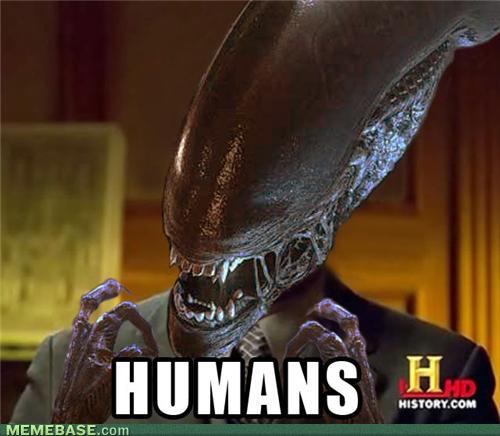H
Hellis
Guest
"Koko is one of the few non-humans known to keep a pet. Researchers at The Gorilla Foundation said that Koko asked for a cat for Christmas in 1983. Ron Cohn, a biologist with the foundation, explained to the Los Angeles Times that when she was given a lifelike stuffed animal, she was less than satisfied. She did not play with it and continued to sign "sad." So on her birthday in July 1984, she was able to choose a kitten from a litter of abandoned kittens. Koko selected a gray male Manx and named him "All Ball". Penny Patterson, who had custody of Koko and who had organized The Gorilla Foundation, wrote that Koko cared for the kitten as if it were a baby gorilla. Researchers said that she tried to nurse All Ball and was very gentle and loving. They believed that Koko's nurturing of the kitten and the skills she gained through playing with dolls would be helpful in Koko's learning how to nurture an offspring.[31][32]
In December of that same year, All Ball ran away from Koko's cage and was hit and killed by a car. She was sad
Later, Patterson said that when she signed to Koko that All Ball had been killed, Koko signed "Bad, sad, bad" and "Frown, cry, frown, sad". Patterson also reported later hearing Koko making a sound similar to human weeping.[32]
In 1985, Koko was allowed to pick out two new kittens from a litter to be her companions. The animals she chose, she named "Lipstick" and "Smokey," were also Manxes.[33] Koko picked the name after seeing the tiny orange Manx for the first time. When her trainer asked the meaning of the name, Koko answered, Lips lipstick. Dr. Patterson was confused until she realized that Lips had a pink nose and mouth, unlike All Ball's gray markings. Koko picked Smoky's name because the kitten looks like a cat in one of the gorilla's books."
Koko (gorilla) - Wikipedia, the free encyclopedia
In December of that same year, All Ball ran away from Koko's cage and was hit and killed by a car. She was sad
Later, Patterson said that when she signed to Koko that All Ball had been killed, Koko signed "Bad, sad, bad" and "Frown, cry, frown, sad". Patterson also reported later hearing Koko making a sound similar to human weeping.[32]
In 1985, Koko was allowed to pick out two new kittens from a litter to be her companions. The animals she chose, she named "Lipstick" and "Smokey," were also Manxes.[33] Koko picked the name after seeing the tiny orange Manx for the first time. When her trainer asked the meaning of the name, Koko answered, Lips lipstick. Dr. Patterson was confused until she realized that Lips had a pink nose and mouth, unlike All Ball's gray markings. Koko picked Smoky's name because the kitten looks like a cat in one of the gorilla's books."
Koko (gorilla) - Wikipedia, the free encyclopedia










